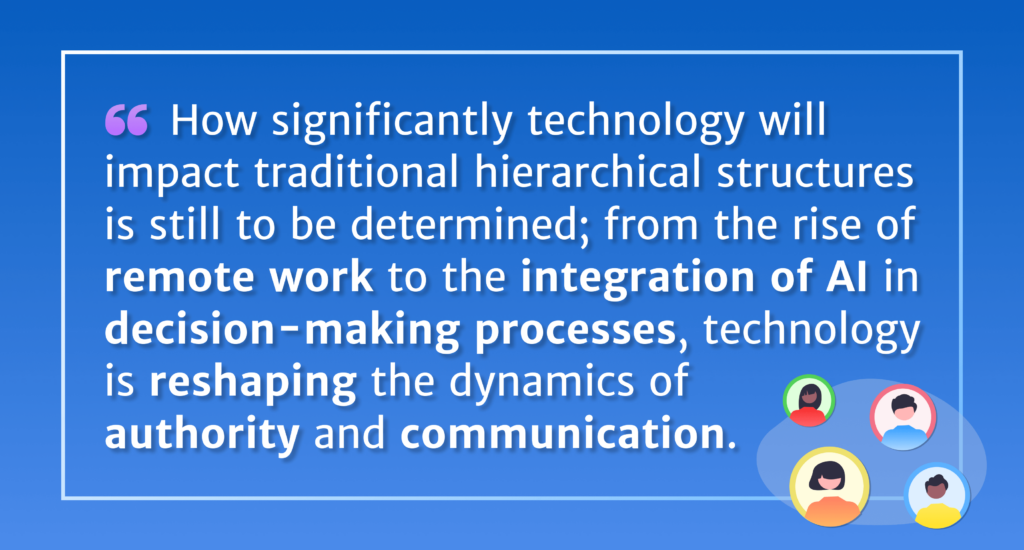Artificial Intelligence has seamlessly integrated into our lives, revolutionizing how we operate on a day-to-day basis. Be it at work, in social interactions, or even decision-making processes, AI plays a pivotal role. However, with this integration comes a critical responsibility – ensuring that AI systems operate in a manner that is beneficial, safe, and aligned with human values. OpenAI's Model Spec represents a significant milestone in defining and regulating AI behavior.
The Significance of OpenAI's Model Spec
Many perceive AI governance as a complex concept meant for technical experts and ethicists. Nevertheless, the truth is that every interaction with AI, be it through an AI assistant, curated feed, or professional work, involves engaging with a system designed to adhere to specific behavioral principles. These principles determine how AI responds to queries, handles uncertainties, and addresses ethical dilemmas.
OpenAI's Model Spec presents a structured approach to aligning AI behavior with human expectations. It revolves around three core objectives: maximizing user benefit, minimizing harm, and ensuring that AI operations remain sustainable within legal and ethical boundaries. These principles serve as a guiding framework, striking a balance in the inherent trade-offs present in AI decision-making.
Decisive Aspects of the Model Spec
A standout feature of the Model Spec is its hierarchical decision-making structure. The AI system follows a chain of authority that begins with platform-level rules – strict directives aimed at averting harm and complying with laws. Developer-imposed guidelines come next, allowing customization flexibility, followed by user-level instructions for personalization within predefined boundaries.

For instance, consider an AI model tasked with summarizing news articles without spreading misinformation. At the platform level, it is prohibited from generating false claims, even if developers modify it for specific use cases. Developer-level adjustments can fine-tune how summaries are generated, while user-level preferences, such as concise versus detailed summaries, can be accommodated.
Enhancements with ChatGPT-5 and the Model Spec
The upcoming release of ChatGPT-5 is anticipated to elevate AI capabilities significantly, with the Model Spec serving as its foundational development framework. OpenAI will utilize this framework to enhance the model, ensuring adherence to ethical guidelines while delivering more accurate and context-aware responses.

An area of improvement lies in adaptive alignment, where ChatGPT-5 aims to better interpret nuanced user intent while upholding ethical boundaries. This refinement enables the model to be more responsive, yet constrained by rules preventing harmful or misleading outputs. Additionally, self-supervised learning will be refined using the Model Spec, reducing misinformation instances and mitigating bias in AI-generated content.
Challenges and Future Considerations
Despite the stringent guidelines set forth by the Model Spec, aligning AI with human values is not foolproof. There are concerns that AI models trained under such principles could become excessively restrictive or susceptible to manipulation, leading to the development of rogue AI models.
As AI governance evolves, collaborative efforts among regulatory bodies, developers, and users will be crucial in defining responsible AI boundaries. Continuous updates based on real-world applications and user feedback will be essential to adapt to the expanding landscape of AI capabilities.

OpenAI's Model Spec serves as a foundational document in shaping responsible AI practices. Understanding these guidelines empowers users to make informed decisions, advocate for ethical AI standards, and contribute to the future of AI development.




















